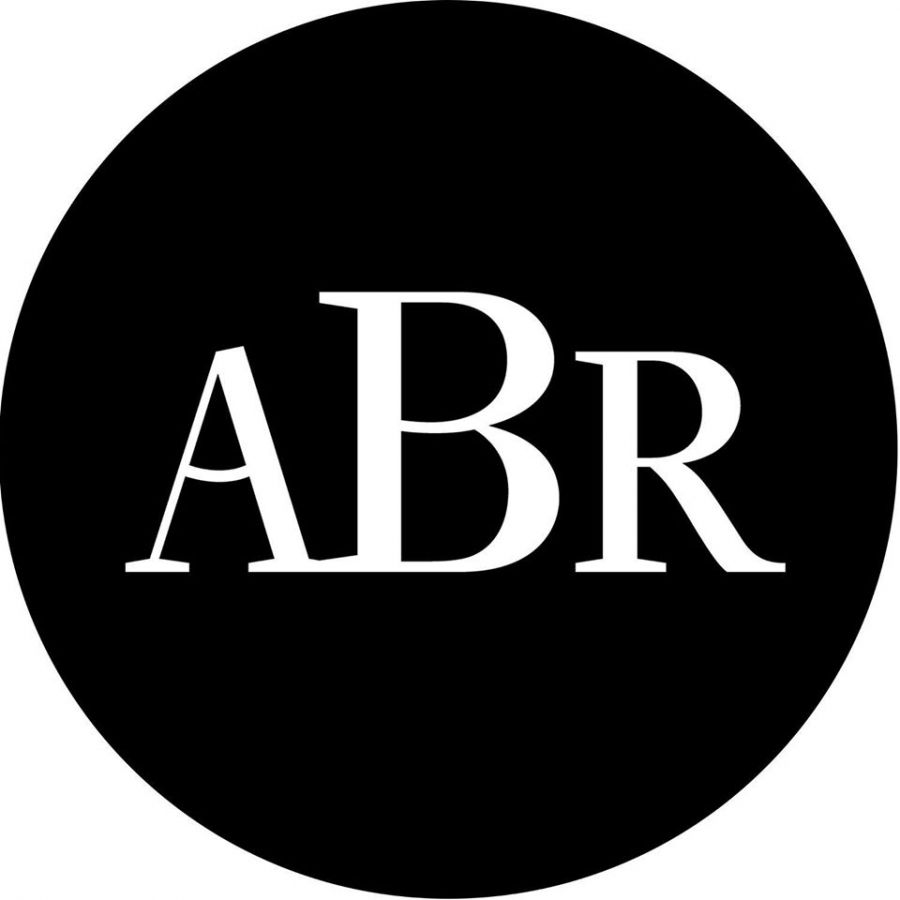
- Free Article: No
- Contents Category: Commentary
- Custom Article Title: The View from Europe
- Review Article: No
- Online Only: No
- Custom Highlight Text:
A grizzled, greying migrant, who was holidaying in Sicily after twenty years in Australia, attended a civic reception for participants in a seminar on Australian literature held in Piazza Armerina last January. His wife and three children were in Moonee Ponds. He was obviously pleased to speak with the Australians present as if they somehow confirmed his experience in a far-off land.
Australian literature seminars have been held in Venice, Turin, Bologna, Messina, Piazza Armerina, and Pisa, the last two this year. The Piazza Armerina seminar, for five days to January 12, differed from previous meetings in two respects. It was the first held in a town without a university. With backing from the Australian Embassy and the Australia Council, it was sponsored by local authorities apparently convinced it was useful for the town of about 25,000 inhabitants at over 2,000 feet altitude. In a third century AD villa, Piazza Armerina has the world’s best preserved, most colourful and most extensive (3,000 square yards) Roman mosaics but wanted to call attention to itself in the off-tourist season, as many Italian towns do, with a ‘cultural event’. Never before have Australian studies been considered a cultural event in this sense. (Another seminar on Australian literature is to be held in Piazza Armerina next February.)
The other new feature was the attempt to make a sustained study of specific texts rather than tackling broad themes as in previous seminars, such as that in Venice on ‘Australian writing in the 1950s’. Bruce Bennett, co-editor of Westerly gave three talks on Australian English but the seminar concentrated on Geoffrey Serle’s From Deserts the Prophets Came and John Docker’s Australian Cultural Elites. The plan was to distribute them beforehand but unfortunately the books arrived from Australia only at the last minute.
The participants found Serle short on artistic standards, Docker short on social setting but the discussion rewarding.
It was a specialist audience made up of University teachers plus eight University of Messina students who had grants to attend the seminar. Some of the participants had a detailed knowledge of Australian writing and brought fresh perspectives to it. However, one asked if Perth were on the east or west coast, an indication that the gathering momentum of Australian studies is attracting people for whom previously Australia was not even a small cloud on the mental horizon.
At a seminar on Western Australian writing held at Pisa University in April an attempt was made to cover everything from historical, socio-economic information on the State (including livestock growth rates) to detailed studies of particular writers such as Katherine Susannah Prichard, Fay Zwicky, and Peter Cowan.
Western Australian writers were present in force including Randolph Stow (it was fatal that during the seminar, one of the Stow’s rare public appearances, he should dine next to an Australian couple who had badgered him with questions such as why he did not write about important subjects), Robert Drewe, Dorothy Hewett, Tom Hungerford, Veronica Brady, and William Grono ... Most of them footed the bulk of their travel costs themselves.
Although there were perceptive talks, the seminar was less successful in its aim of being a study of regionalism. Moreover, not enough use is made of writers when they come to such seminars: an attempt should be made to attract media interest in them. But this can only be done properly if their books have been translated. And the scarcity of books, either in English or in translation, has been the biggest obstacle to even greater interest in Australian writing.
Students who want to pursue Australian studies sometimes switch to other literatures when they cannot browse among Australian books to choose their themes or are told it will take months for books to arrive. The solution seems no nearer although the problem has been evident ever since Queenslander Bernard Hickey began the university teaching of Australian literature in Venice in 1971.
The University of Venice, which is being used as a resource centre, has just over a thousand volumes plus incomplete runs of the major literary magazines. It is a meagre stock for all Italy, especially when compared to the generous donations of books Canada makes to universities which take up Canadian literature. Until now, piecemeal decisions have enabled seminars to be held in Italy but a policy to back Australian studies there, as is being done in the United States, Ireland, and the United Kingdom, would enable establishment of an adequate library.
Hickey feels Australian publishers have failed to support Australian literature in Italy. ‘I’m disappointed and disillusioned by their lack of drive and know-how,’ he says. ‘By now it’s a bad joke and the greatest smirch on the cultural reputation Australia has established in Italy. They should have worked out a system of satisfying the demand for Australian books in Italy years ago.’ (An Australian bookseller is now examining the feasibility of opening an Australian bookshop in Rome.)
Hickey has been secretary of the Italian Society for Australian Studies (SISA) since its formation in Bologna in 1979. It now has members in fifteen Italian universities, from Udine in the northeast to Catania in Sicily; over one hundred theses in Australian literature have been undertaken. Three PhDs on Australian literature are about to begin. It has established itself in the Italian university scene. Its next move must be to widen its scope beyond literature to Australian studies, embracing disciplines such as history and sociology, and to seek to make an impact beyond the academy.
A proof of the commitment among its members is the attempt by Gianni Bonano, of Messina University, to organise a group of about fifteen Italian university teachers to visit Australia in August 1983. They will pay their own fares but seek lodging and accommodation with Australian counterparts on an exchange basis. Any takers?


Comments powered by CComment